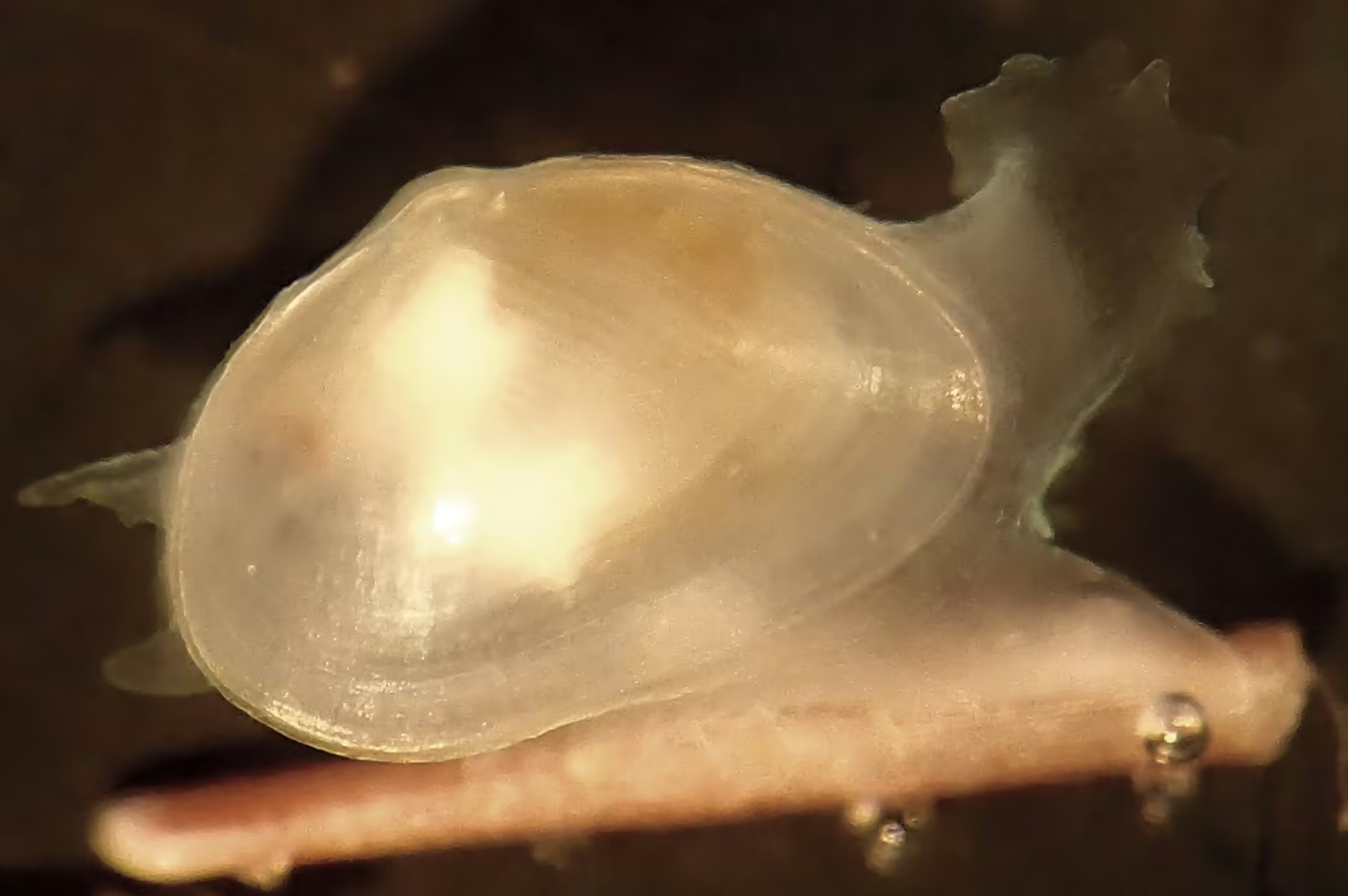New mollusk species discovered in South African forests
- July 26, 2024
- 0
A new study sheds light on the unexplored diversity of galeommatoid bivalves, a little-known group of marine mollusks off the west coast of South Africa. The research, led
A new study sheds light on the unexplored diversity of galeommatoid bivalves, a little-known group of marine mollusks off the west coast of South Africa. The research, led

A new study sheds light on the unexplored diversity of galeommatoid bivalves, a little-known group of marine mollusks off the west coast of South Africa. The research, led by Paul Valentich-Scott of the Santa Barbara Museum of Natural History and collaborators from the University of Cape Town, the Sea Change Trust, Stellenbosch University and the University of Colorado at Boulder, offers an intriguing look at the habitats, symbiotic relationships and systematics of these intriguing creatures.
A study published in the journal Zoo Keysfocused on four species of galeommatoid bivalves collected from the Western Cape in South Africa, including a new species, Brachiomya ducentiunus. Just 2 mm (less than 1/8 inch) long, this tiny mollusk spends its life crawling between the spines of sea urchins.
So far, the new species has only been found at one site in False Bay, South Africa, where it was found attached to a sea urchin Spatagobrissus mirabilis burrowing in coarse gravel at a depth of about 3 m.
Brachiomya ducentiunus was discovered during the preparation and work of the 1001 Species of Marine Forest project, a research program aimed at raising awareness of the regional kelp ecosystems popularly known as the “Great African Marine Forest”.
“This study marks a significant advance in our understanding of the biodiversity and ecological interactions of galeommatoid bivalves,” says lead author Valentich-Scott. “By uncovering the secret lives of these small but ecologically important organisms, we hope to contribute to the broader knowledge of marine biodiversity and the conservation of these unique habitats.”

“Most small marine invertebrates in western South Africa remain undescribed, and almost every project sampling specific habitats yields many new records and species,” says co-author Charles L. Griffiths, professor emeritus at the University of Cape Town.
Similarly, co-author Jannes Landshoff, a marine biologist at the Sea Change Trust, says: “Building up a basic knowledge of biodiversity is the most important step towards realising how fascinating and unique a place is. I see it every day. Our work is taking place in the rich coastal waters off Cape Town, home to the ‘Great African Sea Forest’, a vast underwater kelp forest.
Source: Port Altele
As an experienced journalist and author, Mary has been reporting on the latest news and trends for over 5 years. With a passion for uncovering the stories behind the headlines, Mary has earned a reputation as a trusted voice in the world of journalism. Her writing style is insightful, engaging and thought-provoking, as she takes a deep dive into the most pressing issues of our time.